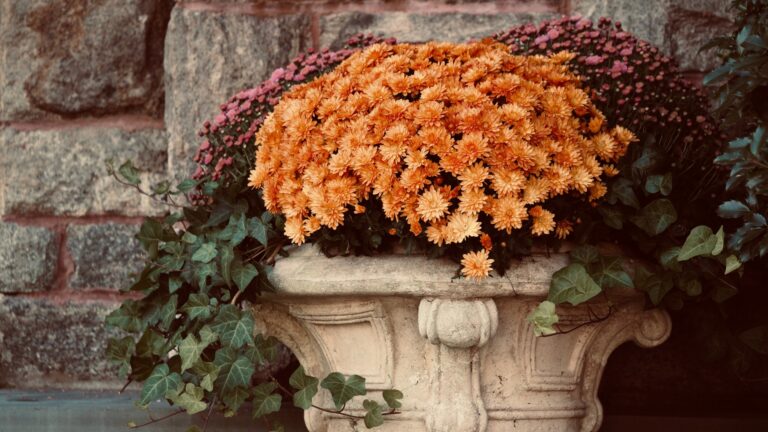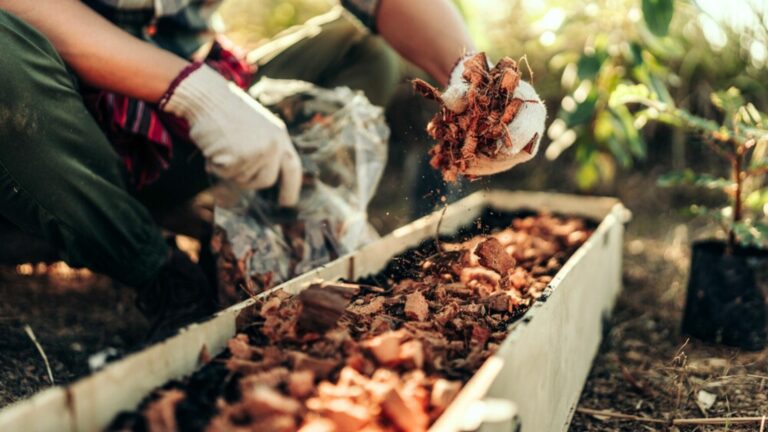16 Pantry Staples That Georgia Gardeners Use To Stop Weeds Between Cracks Naturally
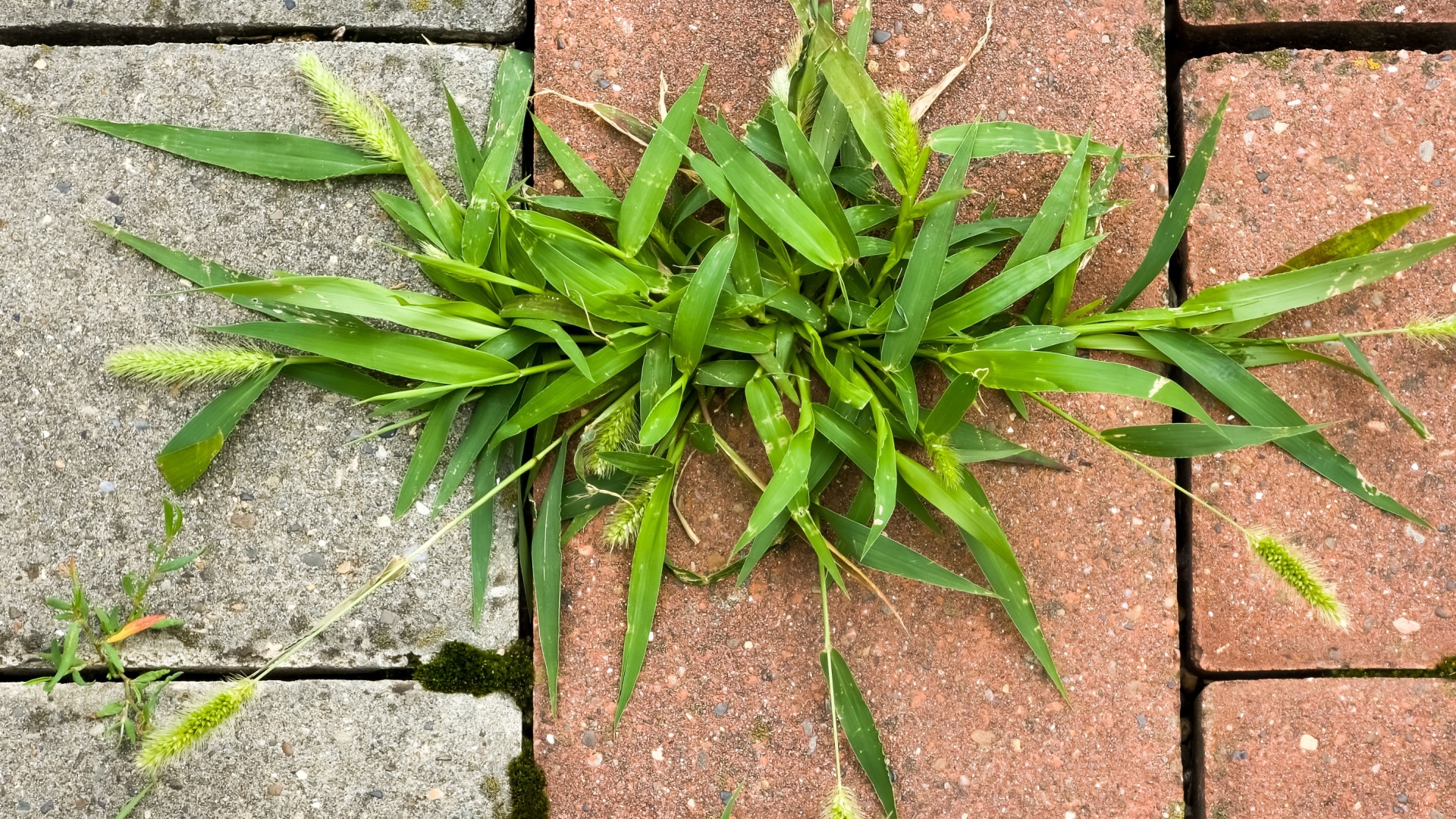
Dealing with pesky weeds popping up between sidewalk cracks and patio stones is a common headache for Georgia gardeners. Instead of reaching for harsh chemicals, many savvy gardeners are turning to items already sitting in their kitchen cabinets.
These natural solutions are safer for pets, wildlife, and the environment while still effectively tackling unwanted growth in those hard-to-reach spaces.
1. Vinegar Power
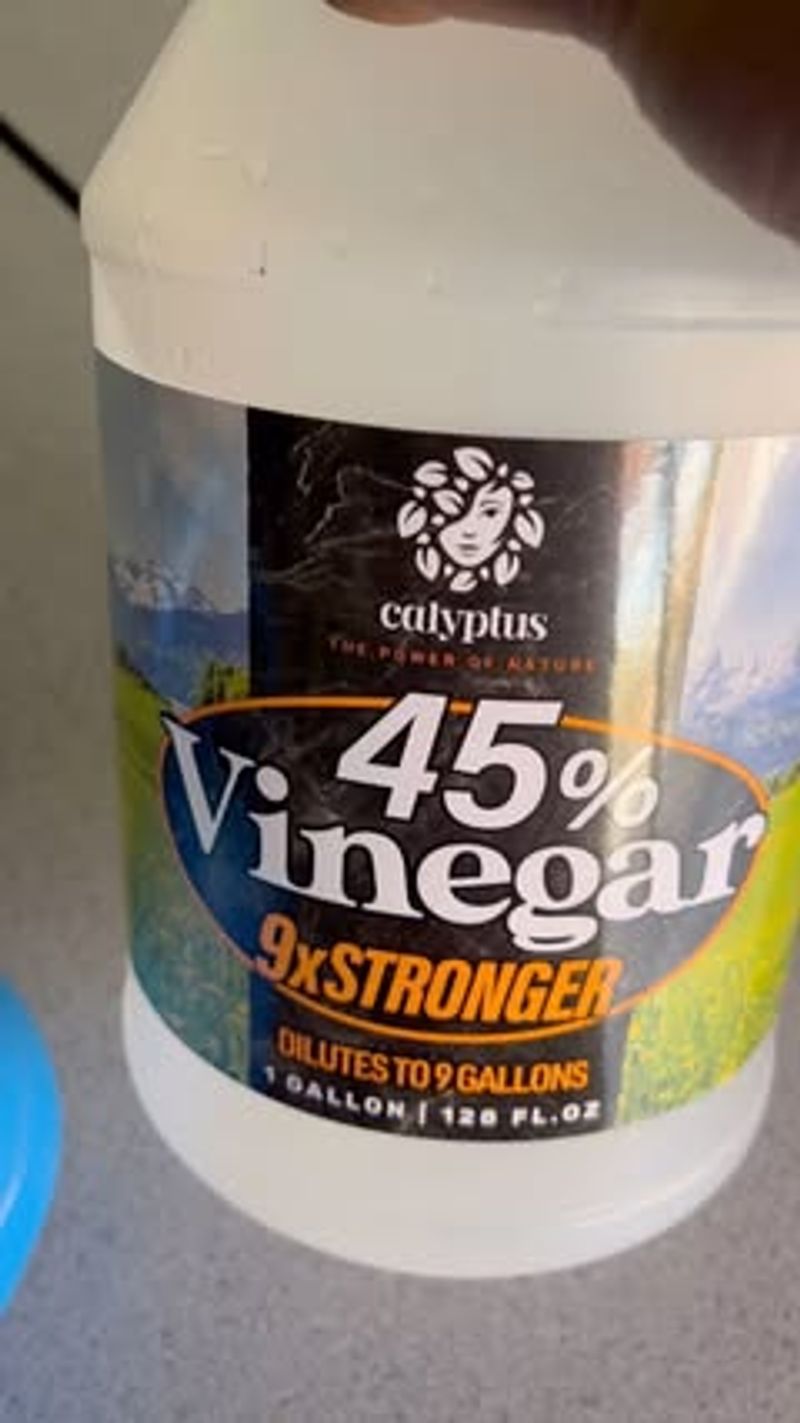
White vinegar’s acidity makes it a garden warrior against unwanted growth. Pour it directly onto weeds on a sunny day when no rain is expected.
The acetic acid burns the weed’s leaves and stems on contact, causing them to wither within 24 hours. For stubborn weeds, mix with a tablespoon of dish soap to help it stick better to the plants.
2. Salt Solution
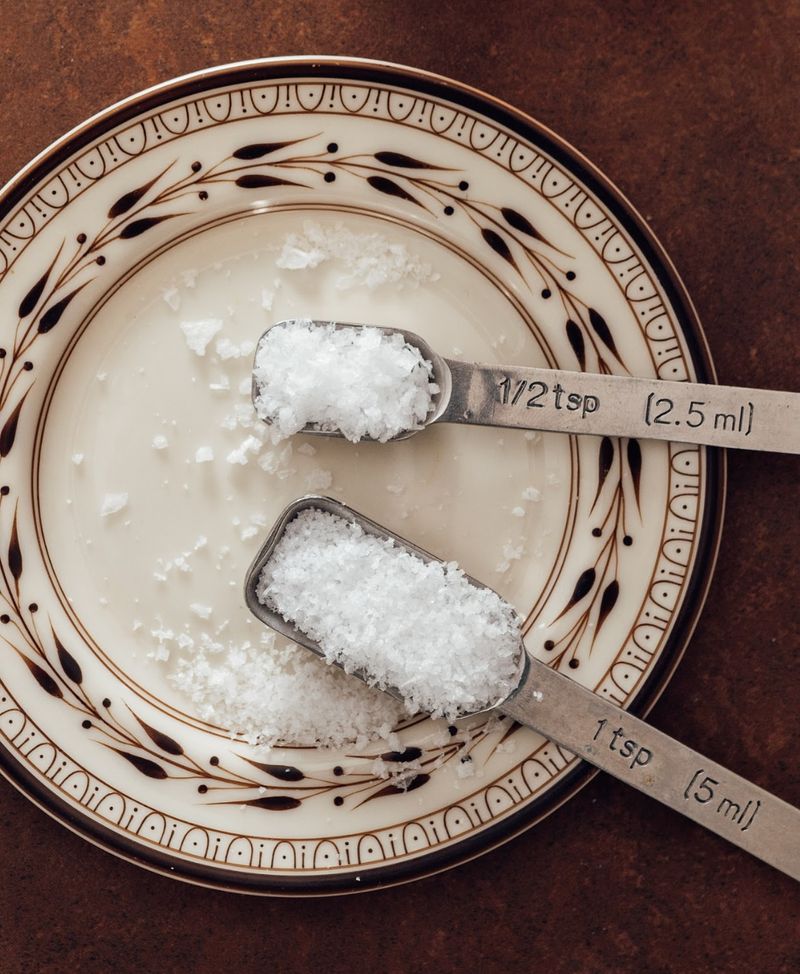
Regular table salt creates a hostile environment where plants struggle to survive. Mix one part salt with three parts hot water until dissolved, then carefully apply to cracks with a watering can.
Remember that salt can affect soil quality long-term, so use sparingly and avoid areas near valued plants. Many Georgia gardeners reserve this method for driveways and walkways far from garden beds.
3. Boiling Water Technique
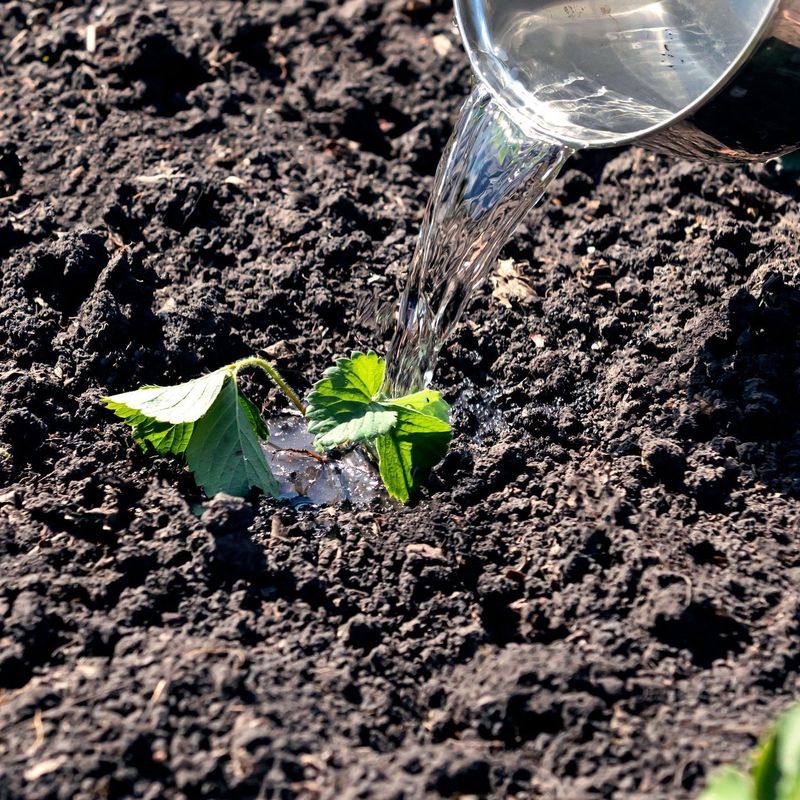
Nothing could be simpler than boiling water from your kitchen kettle! The scalding temperature instantly kills most weeds by destroying cell structure and proteins within the plant.
Be extremely careful handling the hot water and pour directly onto the weed’s center. Georgia gardeners find this method particularly effective against young, tender weeds in early spring before they establish strong root systems.
4. Cornmeal Magic
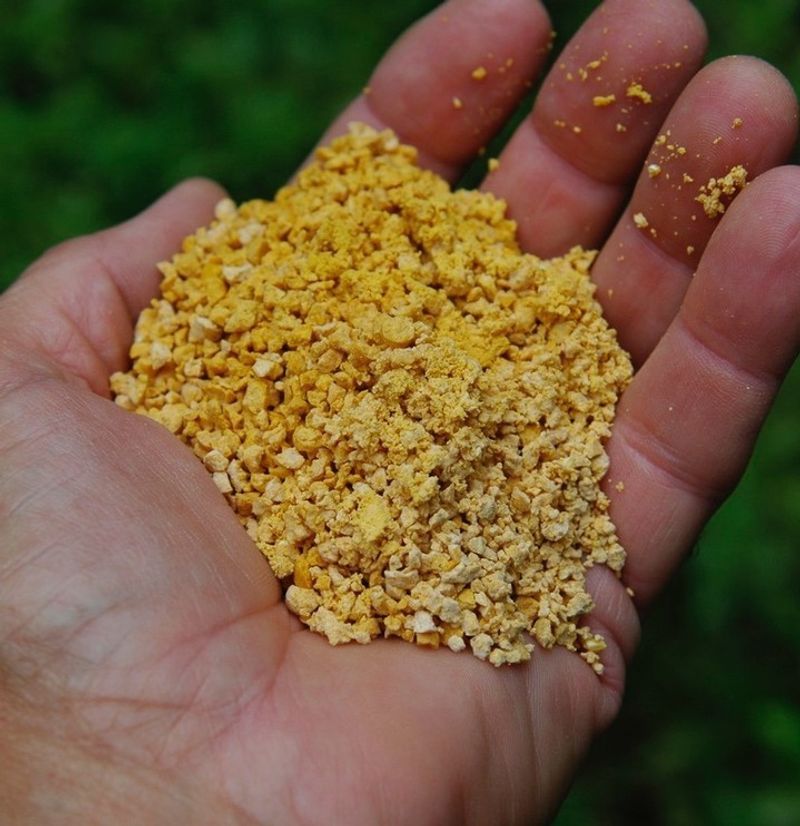
Yellow cornmeal works as a natural pre-emergent herbicide, preventing weed seeds from sprouting. Sprinkle it liberally into cracks during early spring before weed seeds germinate.
The gluten in cornmeal inhibits root development in newly forming plants. Many Georgia gardeners keep cornmeal handy year-round, applying it after rain when moisture might trigger new weed growth. It’s completely safe around pets and children.
5. Baking Soda Sprinkle
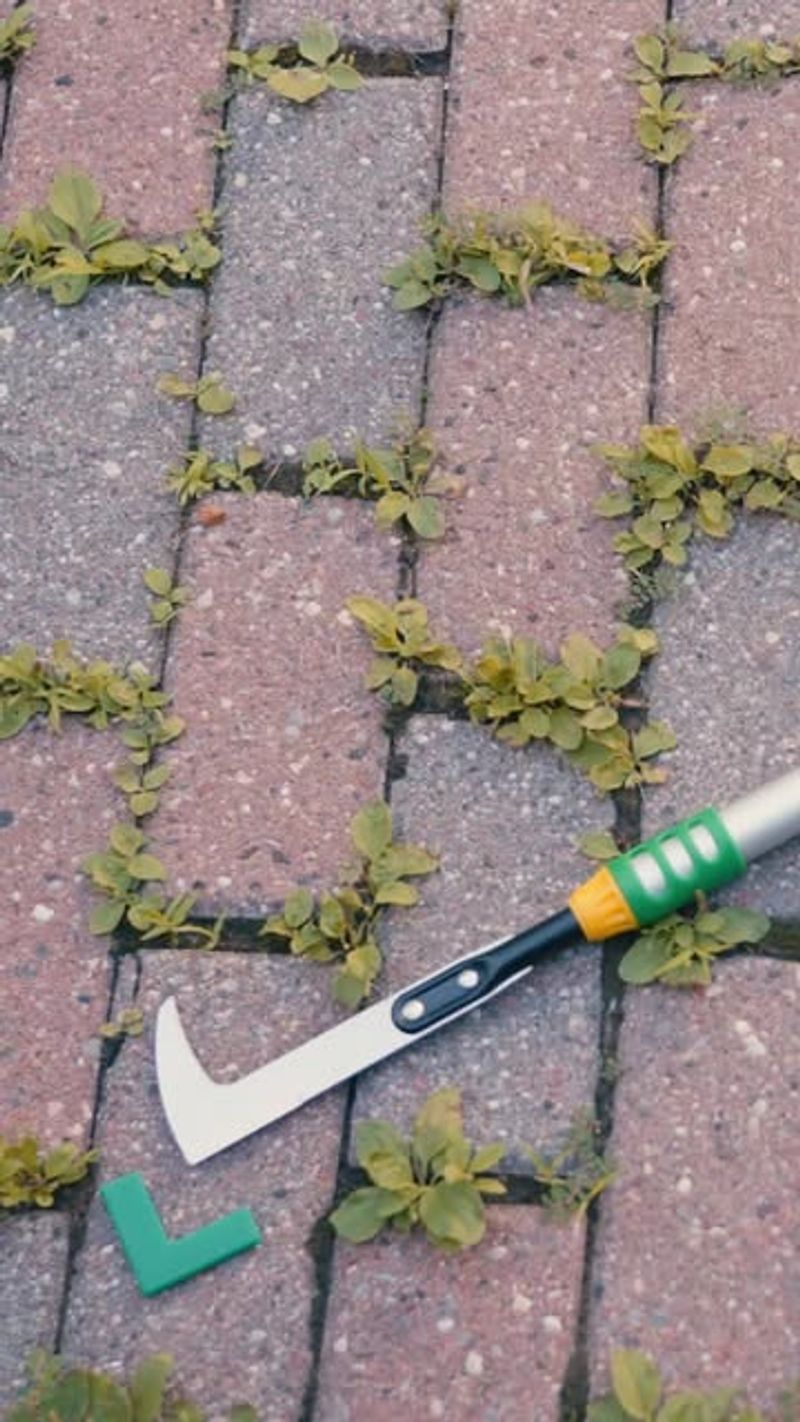
Arm yourself with that box of baking soda hiding in your refrigerator! Wet the cracks first, then generously sprinkle baking soda over the weedy areas.
The sodium content disrupts the weed’s internal water balance, causing them to dry out and die. Georgia gardeners particularly love this method during humid summer months when wet cracks between patio stones become perfect breeding grounds for moss and small weeds.
6. Lemon Juice Spray
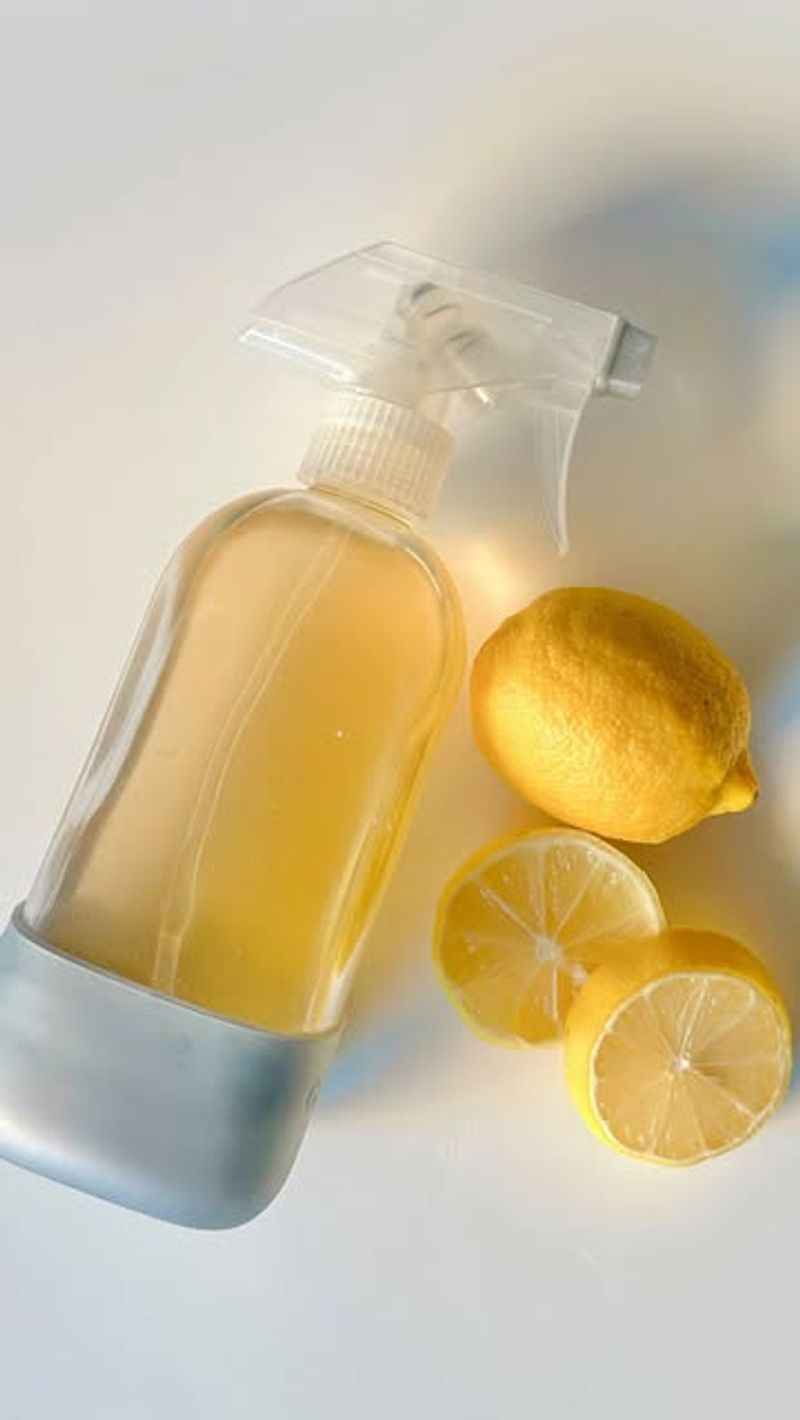
Fresh-squeezed lemon juice contains citric acid that acts similarly to vinegar but with a more pleasant scent. Mix equal parts lemon juice and water in a spray bottle for targeted application.
Spray directly on weeds during the hottest part of the day for maximum effectiveness. The natural acids burn weed foliage on contact. Many Georgia gardeners save leftover lemons from cooking or entertaining specifically for garden use.
7. Dish Soap Solution
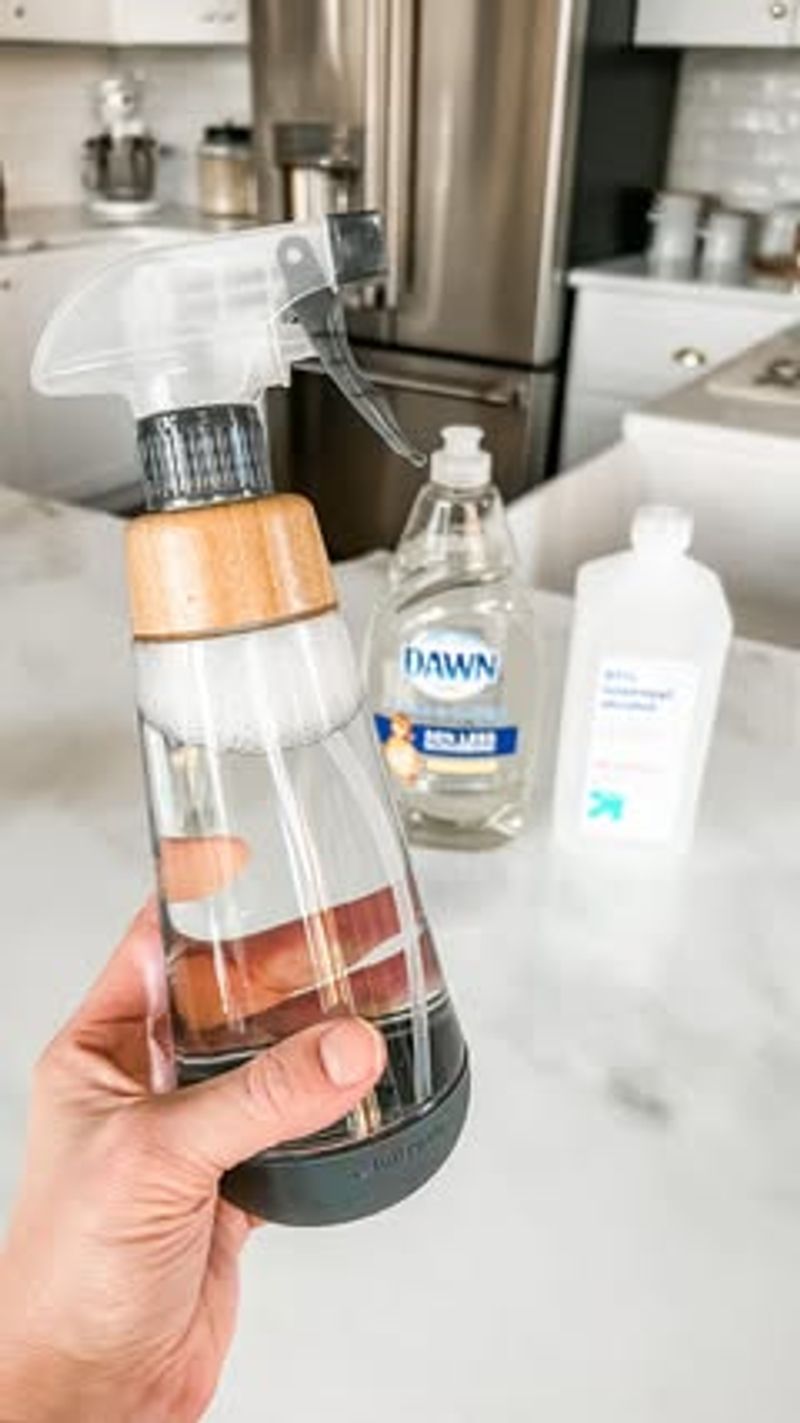
Mild dish soap breaks down the protective waxy coating on weed leaves, causing them to dry out quickly. Mix one tablespoon of liquid dish soap with one cup of water and a quarter cup of salt.
Spray or pour the mixture directly onto weeds growing in cracks. The soap helps the salt and water penetrate the plant more effectively. Georgia gardeners often apply this mixture during hot afternoons when evaporation speeds up the killing process.
8. Coffee Grounds Barrier
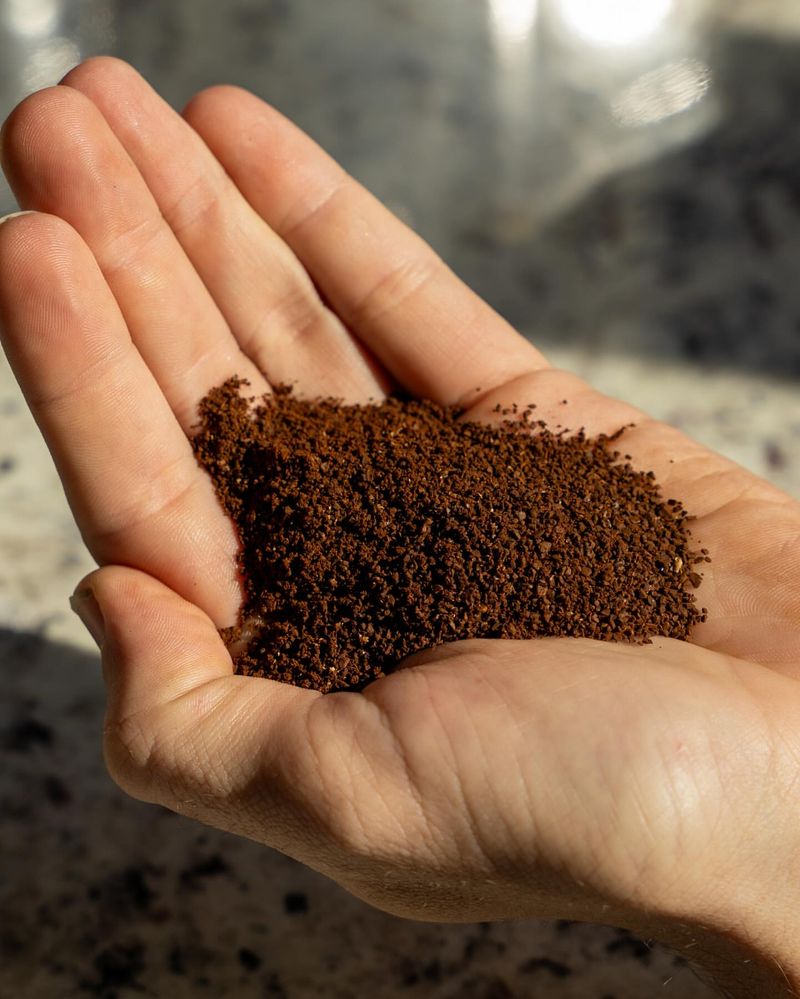
Used coffee grounds create an acidic environment that many weeds can’t tolerate. After brewing your morning cup, save those grounds and pack them into cracks where weeds frequently appear.
The grounds also act as a physical barrier, preventing sunlight from reaching weed seeds. As a bonus, many Georgia gardeners notice that coffee grounds help repel certain garden pests like slugs and snails that might hide in cracks.
9. Cinnamon Powder Sprinkle
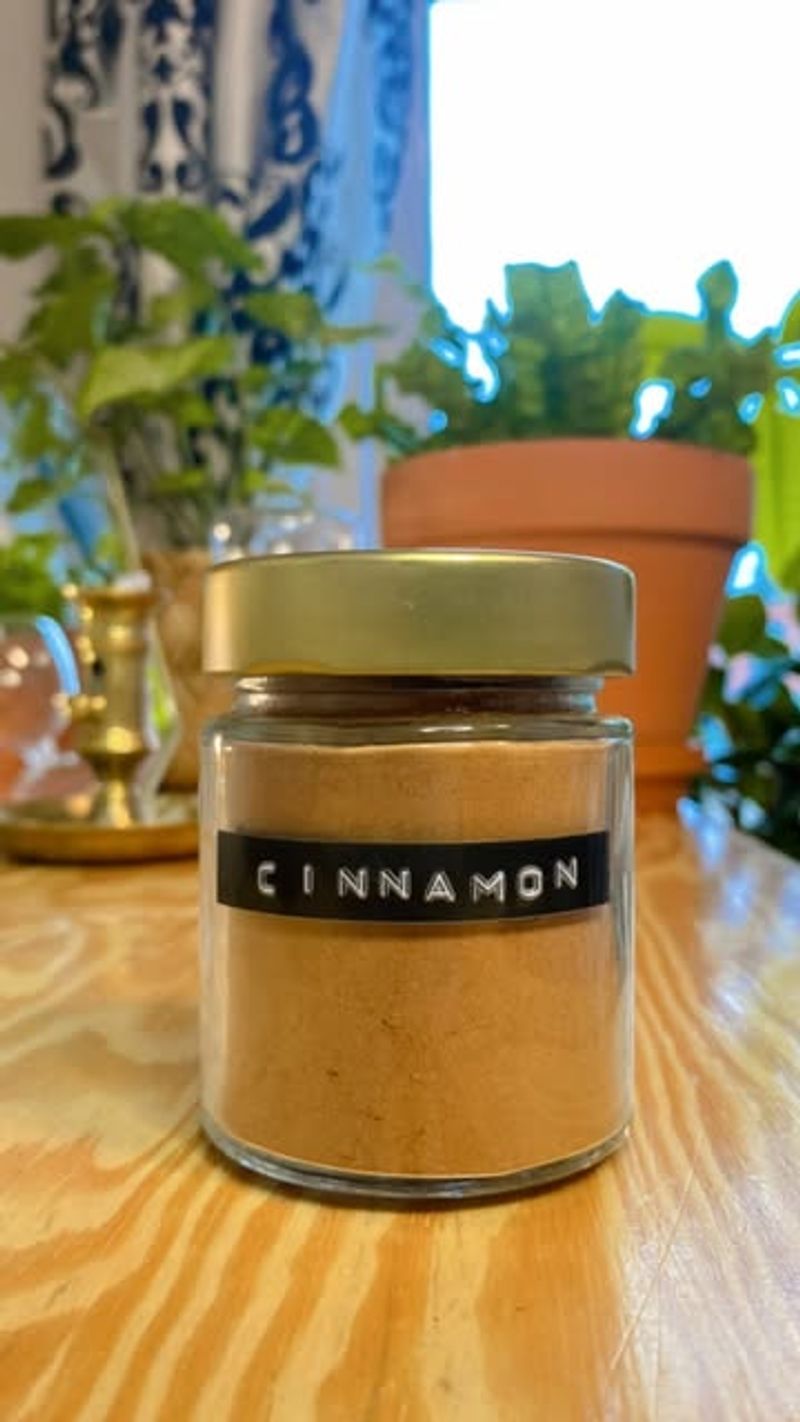
Ground cinnamon from your spice rack acts as a natural fungicide and weed suppressant. Sprinkle it generously into cracks after removing existing weeds.
The aromatic compounds inhibit new growth while also preventing fungal diseases that thrive in damp cracks. Georgia gardeners particularly value this method during humid seasons when fungal issues are common. Plus, it leaves your garden pathways smelling pleasantly spicy!
10. Corn Gluten Meal Barrier
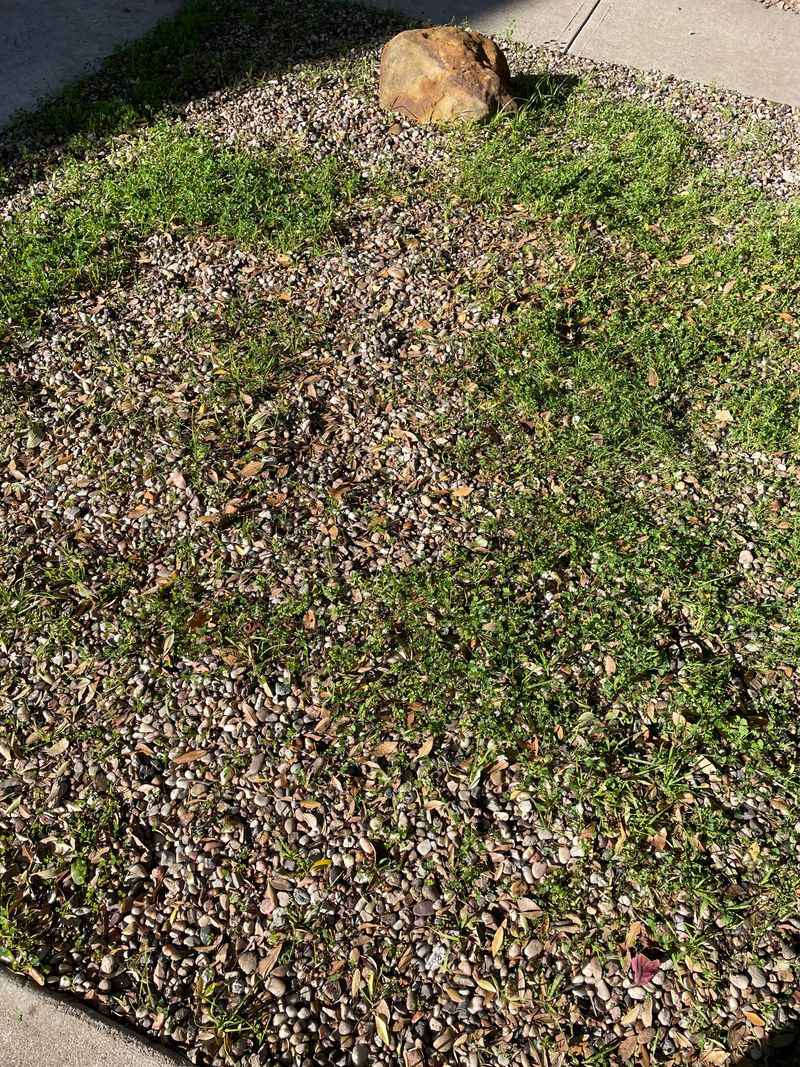
Corn gluten meal, a byproduct of corn processing, prevents weed seeds from developing roots while adding nitrogen to soil. Sprinkle it liberally into cracks in early spring before weed seeds germinate.
When it gets wet and then dries, it forms a natural barrier. Georgia gardeners appreciate its dual purpose as both weed preventer and gentle fertilizer for nearby plants. Apply it again after heavy rains wash away the previous application.
11. Pickle Juice Splash
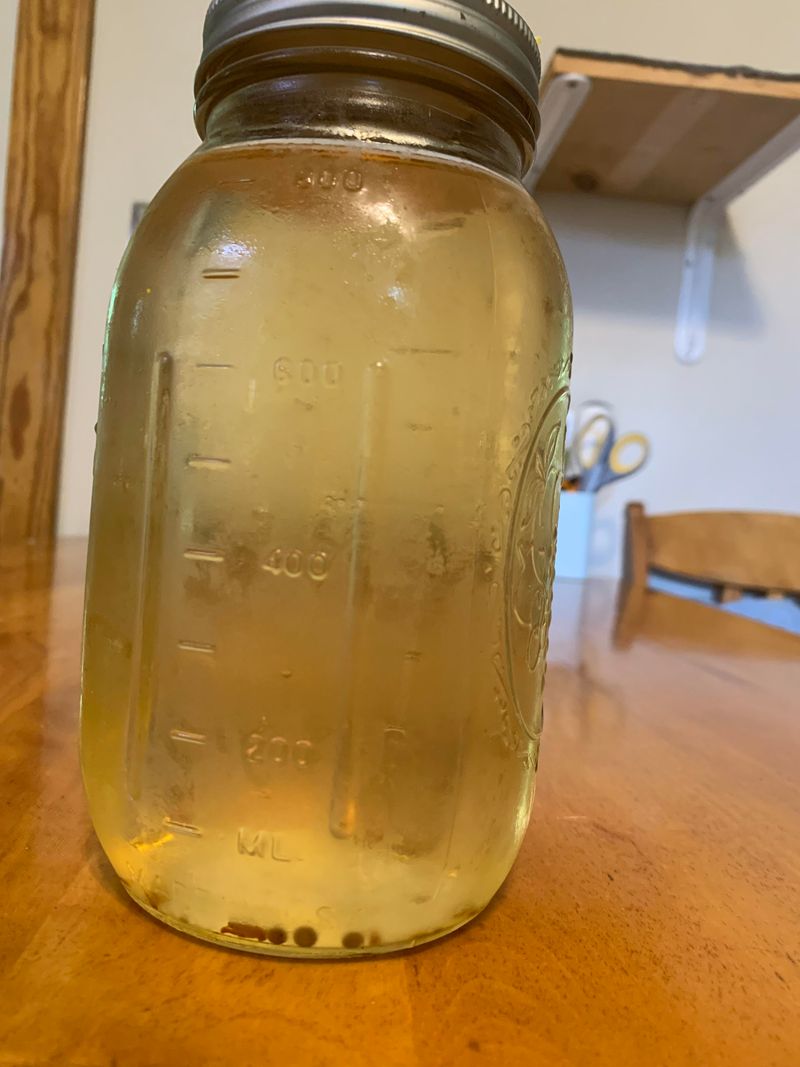
Don’t pour that leftover pickle juice down the drain! The combination of vinegar, salt, and spices makes pickle brine an effective weed killer.
Pour it directly into cracks where weeds appear. The acidic nature burns foliage while the salt dehydrates the plants. Georgia gardeners often collect pickle juice throughout the year, storing it in repurposed jars until needed during peak weed season.
12. Borax Powder Application
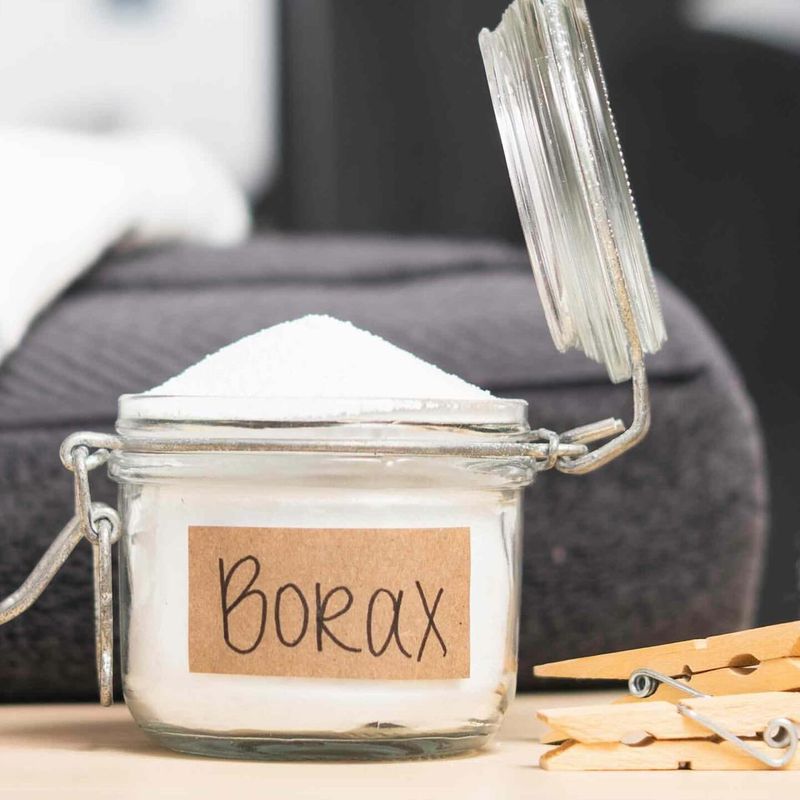
The laundry aisle staple Borax contains boron, which is toxic to plants in concentrated amounts. Mix 10 ounces of Borax with 2.5 gallons of water, then carefully apply to crack-dwelling weeds.
Use sparingly as borax doesn’t break down in soil. Georgia gardeners typically reserve this method for persistent weed problems in driveways and walkways far from valued plants. One application often prevents regrowth for months.
13. Rubbing Alcohol Spray
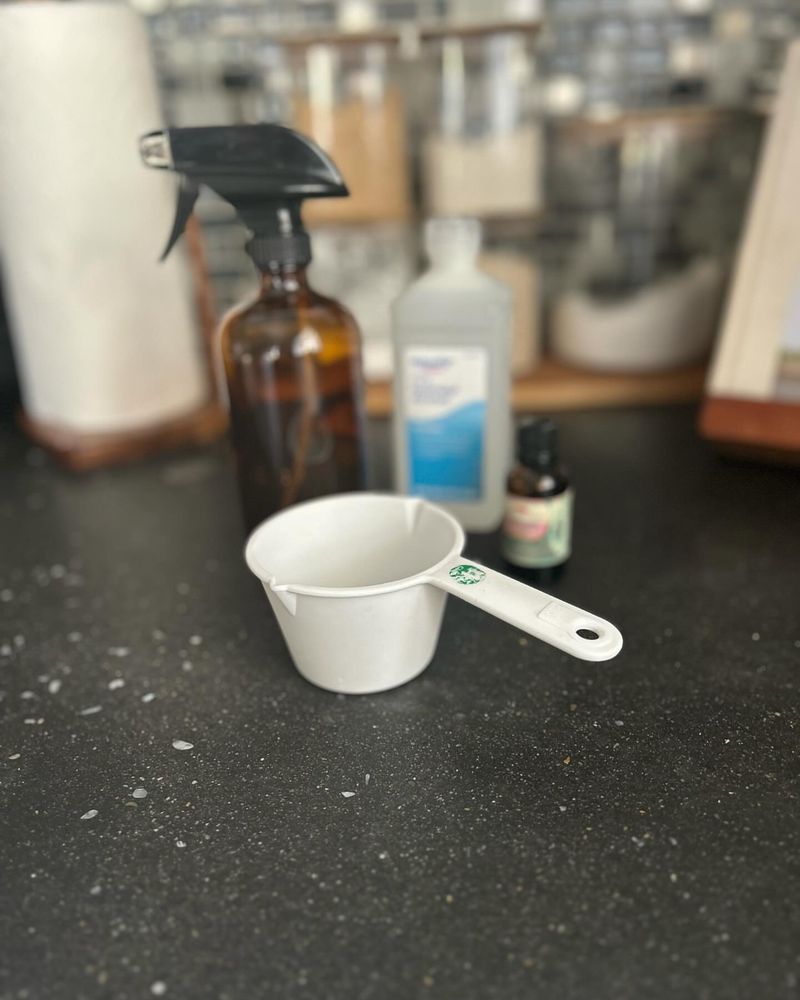
Isopropyl alcohol from your medicine cabinet dehydrates weeds rapidly by breaking down cellular structure. Mix one part rubbing alcohol with eight parts water in a spray bottle.
Apply directly to weeds on a sunny, windless day. The alcohol evaporates quickly, taking the plant’s moisture with it. Georgia gardeners often use this method for precision targeting of individual weeds without affecting surrounding areas.
14. Citrus Peel Mulch
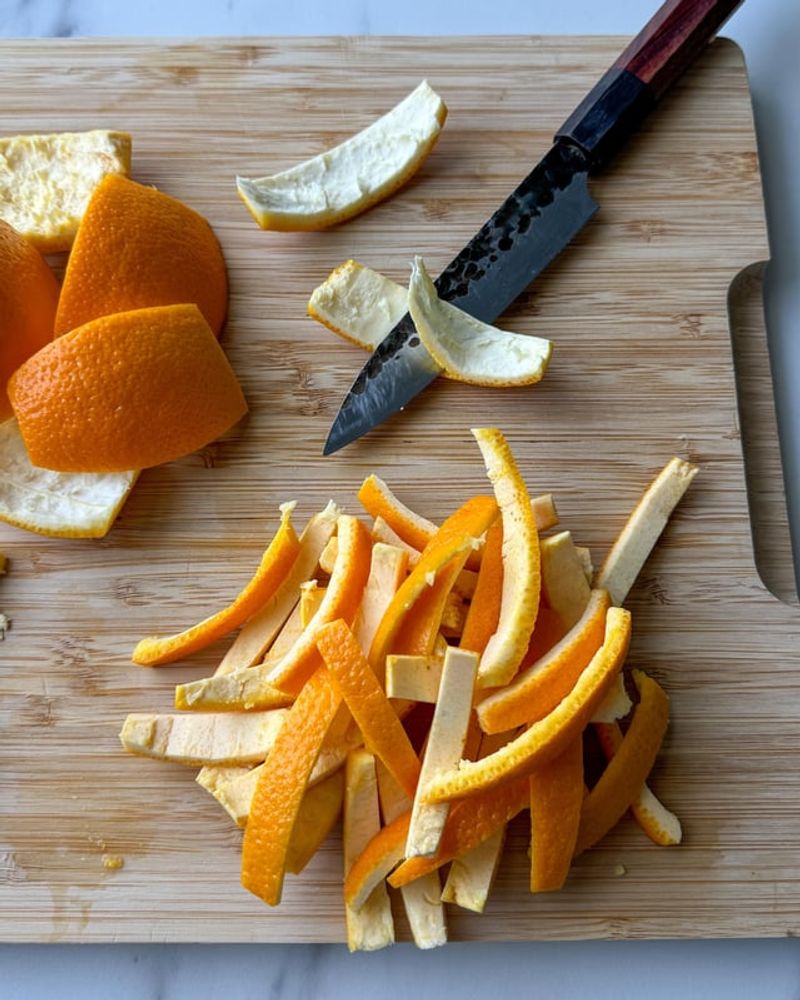
Save those orange, lemon, and grapefruit peels from your morning breakfast! Dried and ground citrus peels contain d-limonene, a natural weed suppressant.
Pack the dried peels into cracks to prevent weed growth. As they break down, they release oils that inhibit seed germination. Georgia gardeners often dry peels on windowsills during summer months, creating a stockpile for year-round use in trouble spots.
15. Epsom Salt Solution
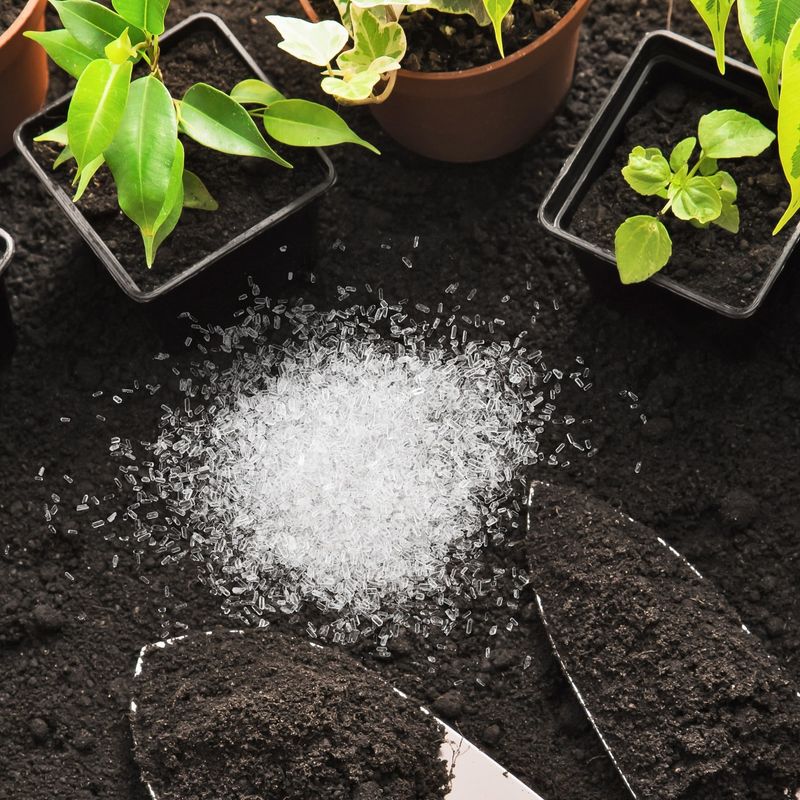
Epsom salt (magnesium sulfate) makes a double-duty weed killer. Mix 2 cups of Epsom salt with 1 gallon of white vinegar and 1/4 cup of dish soap.
The magnesium sulfate draws moisture from weeds while the vinegar burns foliage. Many Georgia gardeners keep this mixture in clearly labeled garden sprayers throughout summer. For best results, apply during hot, dry days when plants are already stressed.
16. Flour Dusting
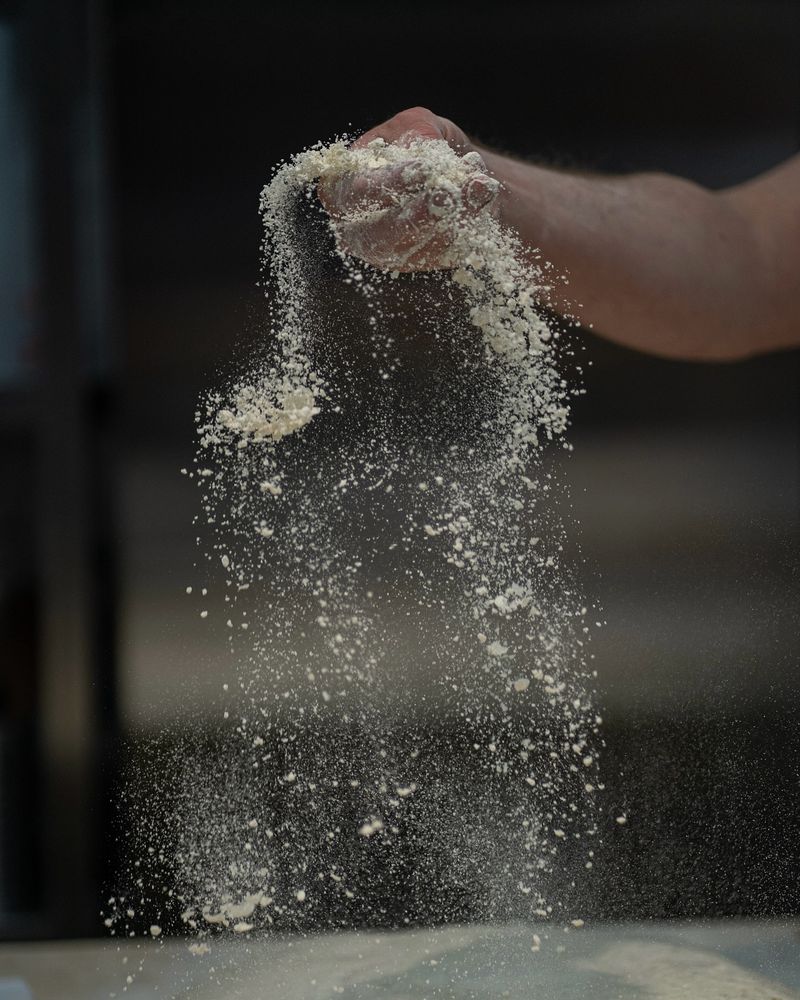
Plain white flour becomes a surprising ally in weed control when applied to young, wet weeds. The flour forms a paste that dries into a coating that blocks sunlight, eventually suffocating the plants.
Sprinkle generously over dew-covered weeds in early morning. Georgia gardeners find this method particularly useful for annual weeds with shallow root systems. For best results, apply after rainfall when weeds are actively growing.



